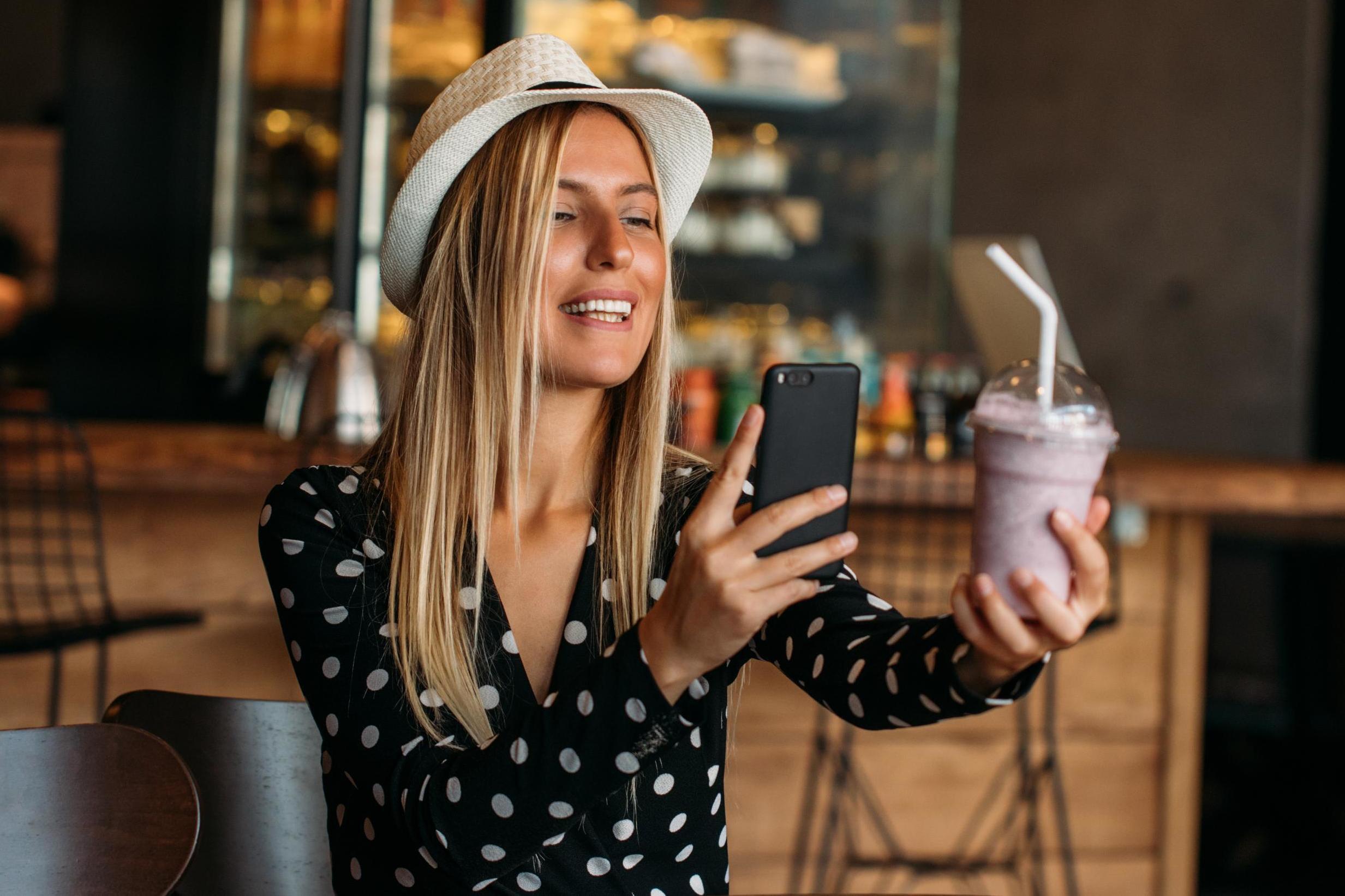Influencers are faking sponsored content to gain more credibility on Instagram
They are hoping it will attract brands and followers in the future

Your support helps us to tell the story
From reproductive rights to climate change to Big Tech, The Independent is on the ground when the story is developing. Whether it's investigating the financials of Elon Musk's pro-Trump PAC or producing our latest documentary, 'The A Word', which shines a light on the American women fighting for reproductive rights, we know how important it is to parse out the facts from the messaging.
At such a critical moment in US history, we need reporters on the ground. Your donation allows us to keep sending journalists to speak to both sides of the story.
The Independent is trusted by Americans across the entire political spectrum. And unlike many other quality news outlets, we choose not to lock Americans out of our reporting and analysis with paywalls. We believe quality journalism should be available to everyone, paid for by those who can afford it.
Your support makes all the difference.Instagram influencers are faking sponsored posts in the hopes of building their Instagram followings and attracting real sponsors.
For social media stars with large followings, Instagram sponsorships are more than just a way of making money, they are a sign of success and superiority.
It's a virtuous circle, because when an influencer manages to attract one sponsor, others typically follow.
However, for some would-be influencers, it can be difficult to attract an initial sponsor, especially if they don’t have a high follower count - so they are simply pretending instead, by replicating the language and posts used in sponsored content.
As for why influencers lie, they believe it is a question of faking it until you make it, according to an article by The Atlantic.
And, according to one lifestyle influencer who purchases coffee that she then pretends was free on Instagram, it is really easy to do.
“You see the same things over and over on actual sponsored posts, so it becomes really easy to emulate, even if you’re not getting paid,” she told The Atlantic.
With sponsored posts, there used to be key signs that indicate the content is paid for - product placement, tagged brands, and typically the hashtag #ad.
Language such as thanking the brand used to be a giveaway that content is sponsored as well, but now, for some influencers, it simply means they want to be noticed - and haven’t actually received anything for free.
One Instagram influencer summed up the phenomenon of people faking sponsors as “street cred,” telling the magazine: “The more sponsors you have, the more credibility you have.”
The money is also a big influencer - with mid-level or even “micro-influencers” making thousands of dollars per post, it makes sense to want to get in on the action.
According to Viral Nation, which spoke with Vox, influencers with over 1m followers can charge $100,000 or more for a single post.
For celebrities, the amount is even more - with Kim Kardashian previously revealing she was offered $1m for a sponsored post, but turned it down.
The idea of faking sponsored posts does raise questions over transparency, however, as the Federal Trade Commission has toughened requirements regarding paid content in recent years.
While actual paid influencers are required to make sure their relationships with the brands are “clearly and conspicuously disclosed,” according to the FTC and the Advertising Standards Authority, which released an “influencer’s guide” that must be followed, regulations around fake sponsorships currently do not exist.
They can also be harmful to brands - who now have to worry about an influencer that fakes sponsorship damaging their “reputation,” according to one sunglass company who spoke to The Atlantic.
As for how to spot whether sponsored content is real or not, a promo code is usually a giveaway.
The Independent has contacted the Federal Trade Commission for comment.
Join our commenting forum
Join thought-provoking conversations, follow other Independent readers and see their replies
Comments